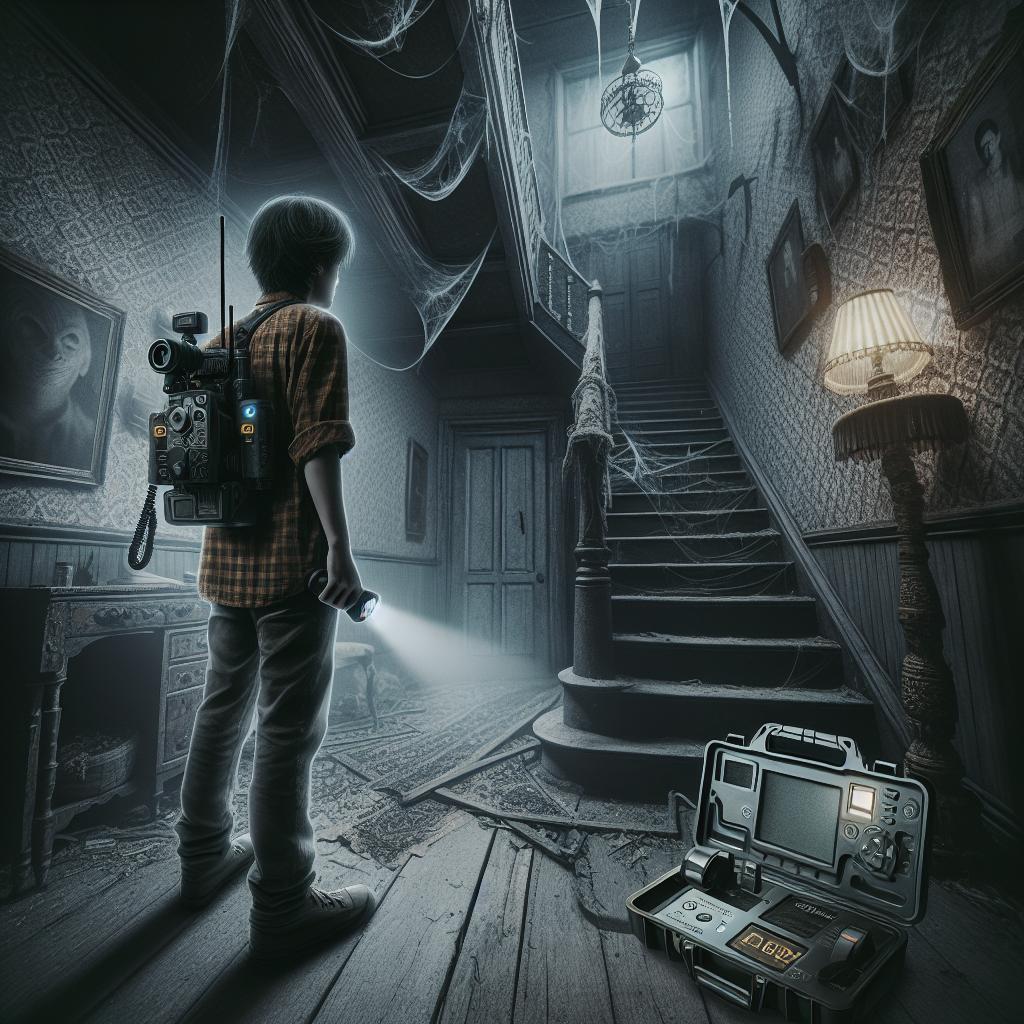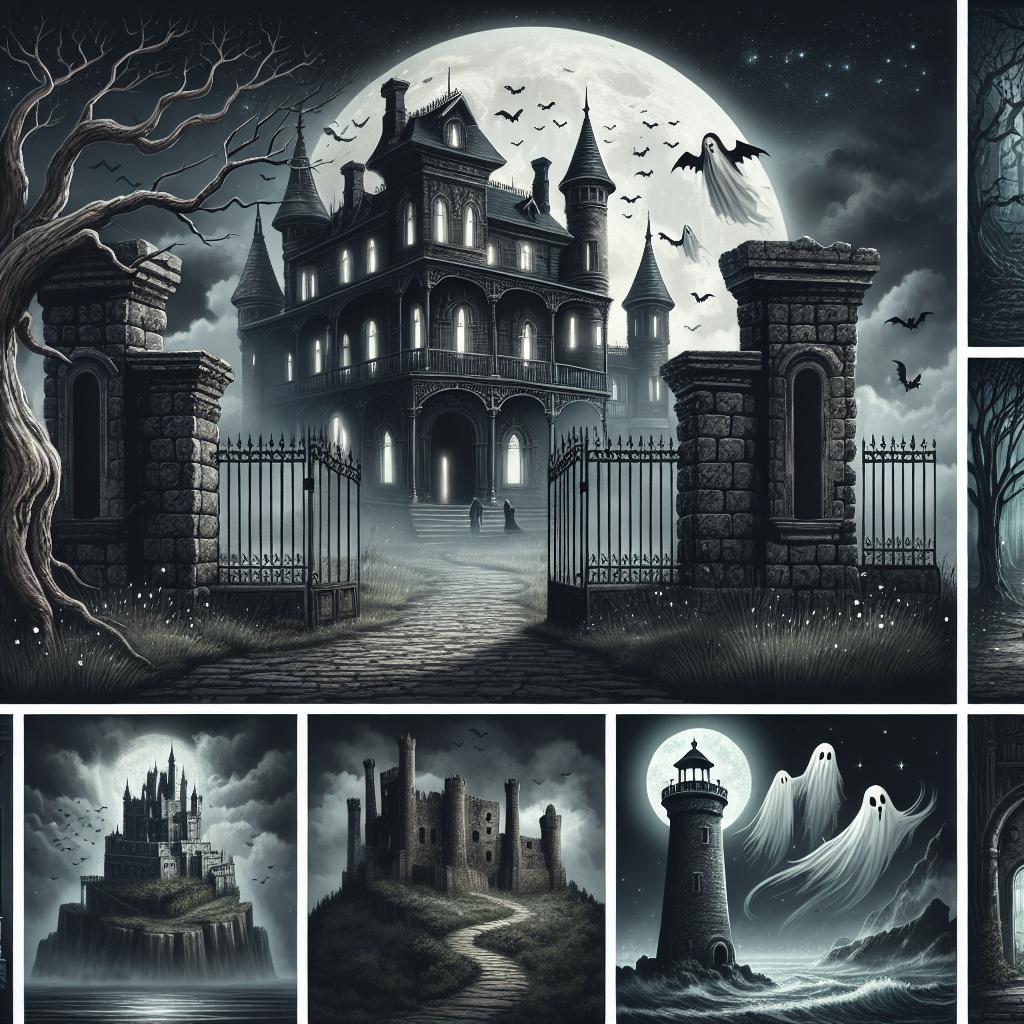“`html
How Do Skeptics View Paranormal Claims?
Paranormal claims have fascinated and bewildered humanity for centuries. Events such as ghost sightings, telekinesis, and encounters with extraterrestrial life are shrouded in a mystique that provokes both wonder and skepticism. This blog post delves into how skeptics approach these phenomena. We explore the psychological underpinnings influencing our perceptions, the methodologies employed by skeptics to evaluate evidence, and the cognitive pathways that may distort our experiences into seemingly paranormal events. By understanding these perspectives, readers can gain insights into the interplay between human psychology and supernatural beliefs.
Skepticism, Certainty, and the Psychology of Experience
Skeptical Inquiree
Skeptics approach paranormal claims with a healthy dose of doubt and a commitment to scientific principles. The aim of skeptical inquiry is not to debunk for the sake of debunking but to seek truth underpinned by verifiable evidence. Skeptics often employ methodologies that prioritize replicability, testing paranormal claims against controlled environments to eliminate confounding variables. This scientific rigor requires a level of certainty that paranormal claims, by their nature, often fail to meet.
One of the significant hurdles in evaluating paranormal phenomena is the reliance on anecdotal evidence. Skeptics emphasize the importance of corroborating personal accounts with tangible data, understanding that human memory and perception are notoriously unreliable. They advocate for the use of technological instruments and objective measures that can provide concrete evidence absent in anecdotal narratives.
Psychological Perspectives
From a psychological viewpoint, the belief in paranormal phenomena is believed to stem from cognitive biases and heuristics that have evolved within the human psyche. Our brains are wired to detect patterns and infuse meaning into ambiguous stimuli, a survival mechanism that often predisposes individuals to accept paranormal explanations over mundane ones. This psychological tendency is referred to as “agenticity,” the tendency to believe that the world is controlled by invisible intentional forces.
Additionally, psychological theories such as the “hyperactive agency detection device” propose that humans are innately predisposed to detecting agents in their environment, which can lead to false positives, such as perceiving the presence of ghosts or spirits. Skeptics leverage these psychological insights to argue that paranormal experiences may be more about the workings of the human mind than unexplainable external phenomena.
The Fallible Path from Experience to Report
The transition from personal experience to reported event introduces a potential distortion that skeptics scrutinize closely. Human memory is fallible, susceptible to suggestion, and can be altered over time through various processes such as rehearsal and reinterpretation. As people recount their paranormal encounters, they may inadvertently alter their memories to fit a coherent narrative, further complicating efforts to separate fact from fiction.
Besides memory distortion, the social context within which paranormal claims are shared also plays a crucial role in shaping these narratives. Group dynamics, reinforcement from peers, and validation-seeking behaviors can amplify the perceived validity of paranormal experiences. This social reinforcement can create a feedback loop, where individual accounts are bolstered by communal acceptance, leading to more people reporting similar experiences.
Next Steps
| Section | Summary |
|---|---|
| Skeptical Inquiree | Skeptics use scientific methodologies and stress the need for replicable evidence. They aim to distinguish truth from anecdotal claims. |
| Psychological Perspectives | Discusses cognitive biases and heuristics that lead humans to attribute unexplained experiences to paranormal causes rather than ordinary ones. |
| The Fallible Path from Experience to Report | Explores memory distortion and the social context affecting the reliability of paranormal claims. |
“`


